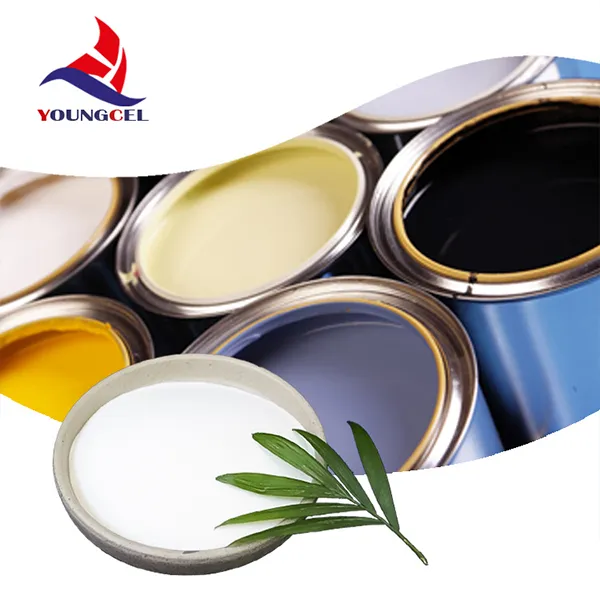Understanding Methyl Cellulose Properties, Applications, and Benefits
Methyl cellulose, a key derivative of cellulose, is a multifunctional compound primarily cherished for its unique properties that meld water-solubility with non-toxic characteristics. Those attributes make methyl cellulose an essential ingredient across various industries, from pharmaceuticals to food production and personal care.
Methyl cellulose is produced by chemically modifying cellulose, which is a natural polymer derived from plant cell walls. The process involves treating cellulose with methyl chloride in alkaline conditions, which introduces methoxy groups into the cellulose structure. This modification not only renders the cellulose soluble in water but also provides a range of impressive thickening and gelling properties.
One of the critical features of methyl cellulose is its ability to form gels at elevated temperatures. This property is particularly beneficial in the food industry, where it serves as a thickener, stabilizer, or emulsifier in products like sauces, dressings, and ice creams. When heated, methyl cellulose transitions into a gel-like state, contributing to the mouthfeel and texture of various food items. Upon cooling, the gel remains stable, retaining its structure and preventing the separation of ingredients. This thermal gelation property is harnessed to create innovative food products that require specific textures and consistencies.
In addition to the food industry, methyl cellulose is pivotal in pharmaceuticals. Its solubility and non-ionic nature make it an ideal excipient in tablet formulations, helping to bind ingredients, control the release of active substances, and enhance the overall stability of the formulation. Methyl cellulose also finds use in topical drug delivery systems, where it forms a protective barrier and improves the skin absorption of active ingredients. The versatility of methyl cellulose in drug development and delivery cannot be overstated, as it helps optimize the therapeutic effectiveness of various medications.
methyl cellulos

Beyond food and pharmaceuticals, methyl cellulose plays a significant role in the construction industry. It acts as a water-retaining agent in mortar and plaster, enhancing workability and extending the drying time, which allows easier application. The incorporation of methyl cellulose not only improves adhesion to surfaces but also increases the durability and overall performance of construction materials. Its use in eco-friendly building practices is of particular interest, as the product is derived from renewable resources and contributes to sustainable construction methods.
In personal care products, such as shampoos, lotions, and creams, methyl cellulose serves as a thickener, providing desirable rheological properties. It enhances the texture and application of products, making them more user-friendly and effective. Furthermore, its non-irritating nature makes methyl cellulose suitable for sensitive skin formulations, appealing to a broad consumer base looking for gentle yet effective personal care options.
While its applications are vast, it is essential to highlight the benefits of methyl cellulose from an environmental perspective. As a plant-derived polymer, it aligns with sustainable practices, offering an alternative to synthetic polymers that can be more harmful to the environment. Its biodegradability adds to its appeal, ensuring that products formulized with methyl cellulose can safely break down after use without leaving a detrimental impact on ecosystems.
In conclusion, methyl cellulose stands out as a remarkable compound that offers various applications across multiple industries. Its unique properties contribute to innovations in food formulation, pharmaceutical development, construction materials, and personal care products. As industries shift towards more sustainable practices, the role of methyl cellulose is likely to expand, paving the way for greener and more efficient solutions. Its versatility and effectiveness make it a compound worth paying attention to in the quest for innovative and sustainable products.
-
Premium Detergent Grade HPMC Hydroxypropyl Methylcellulose: Superior Thickening & StabilityNewsAug.31,2025
-
HEC 100000 Hydroxyethylcellulose for Paint | Superior ThickeningNewsAug.30,2025
-
Wall Putty Rdp Powder Packaging DesignNewsAug.29,2025
-
Introduction to Hpmc Hydroxypropyl Methyl CellulosNewsAug.29,2025
-
Hpmc Industri Grade IntegrationNewsAug.29,2025
-
How to Choose the Right Construction AdhesiveNewsAug.29,2025




